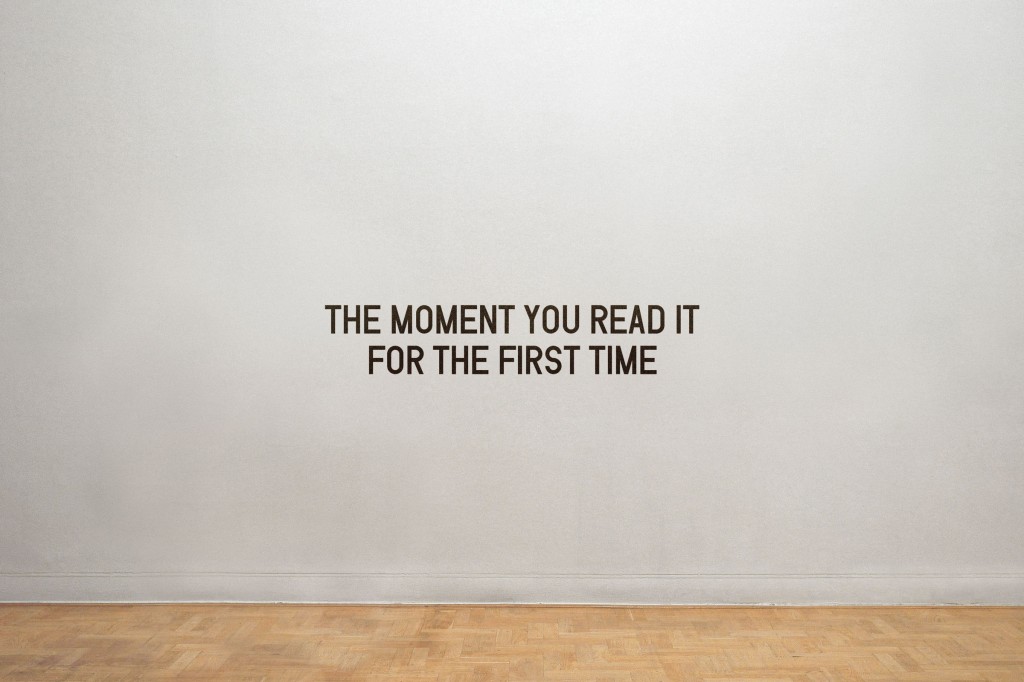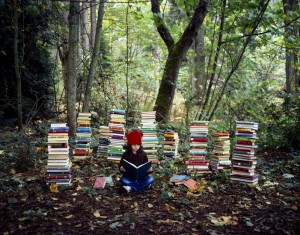 Today’s tip comes from Professor T.H.M. Gellar-Goad (@thmggphd) in the Department of Classical Languages.
Today’s tip comes from Professor T.H.M. Gellar-Goad (@thmggphd) in the Department of Classical Languages.
In many disciplines, like the analysis and criticism of ancient Greek and Roman literature in the field of Classics, writing isn’t just a product to show what you think — it’s also a tool to figure out what you think. The poetry and prose of the ancient Mediterranean world is wondrously complicated, and so reading these texts needs to be a much more active process than plowing through your average Tumblr or the latest installment of Game of Thrones. Here’s two writing techniques to help sharpen your reading of literature.
First is the “3-2-1” method, which alums of my Greek Myth class here at Wake Forest University will tell you is really helpful or really annoying (or both). As you read a text, you’re asking yourself to identify and write down a few types of things: 3 interesting notes or new pieces of information you are learning, 2 points about the topic that are still unclear at the end of the reading, and 1 question you’d like to ask the author. It’s a proven method that helps you think critically about what you’re reading — it helps you make that process active, as you dig deeper into the meanings and focus of what you’re reading.
Second is
close reading, a time-honored tool for literary analysis. Known in one format as a “commentary,” close reading is reading closely, paying detailed attention to every word and every line of the poem or other text you’re reading. The earliest literary scholarship in the Western world consists of close readings or “scholia” of famous texts like Homer’s
Iliad and
Odyssey. To do a close reading, simply take a copy of what you’re going to read — preferably one printed out with large margin sizes and double spacing — and write down marginal and inter-line notes about every connection and observation you can make about each word, phrase, line, and passage. Ask questions of the text, rich questions like “why?” and “how?” (more sample questions
here). Look for patterns, literary devices like metaphor and simile, artful phrasing and description, and wider implications or symbolism. (
Here‘s a five-stage model for close reading complete with guiding questions;
here‘s a video example of a close reading of Dr. Seuss.) Once your paper is covered in your notes and scribbles and connections, you can use that as the raw material for a formally-written analysis of the text or passage!
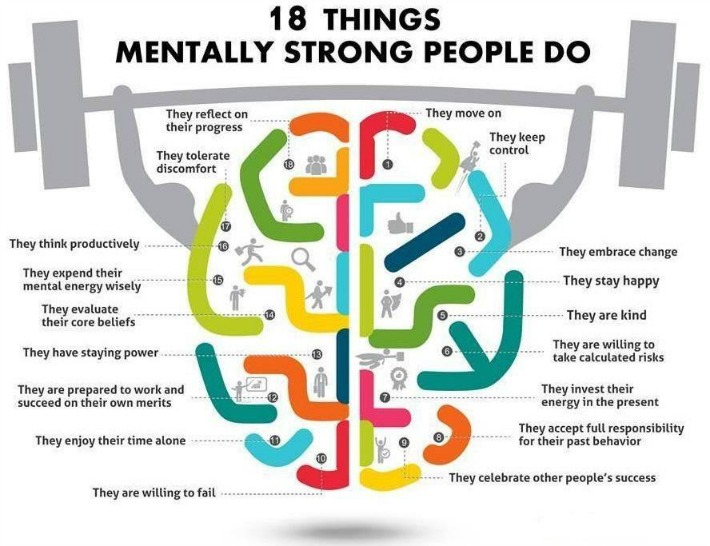

 Today’s tip comes from Professor T.H.M. Gellar-Goad (@thmggphd) in the Department of Classical Languages.
Today’s tip comes from Professor T.H.M. Gellar-Goad (@thmggphd) in the Department of Classical Languages.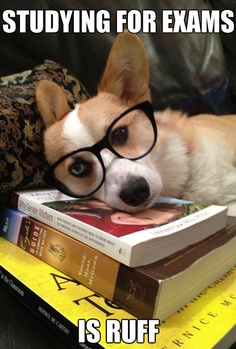
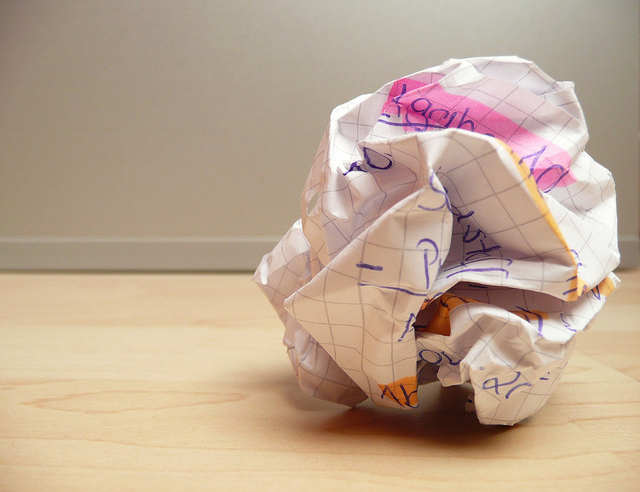


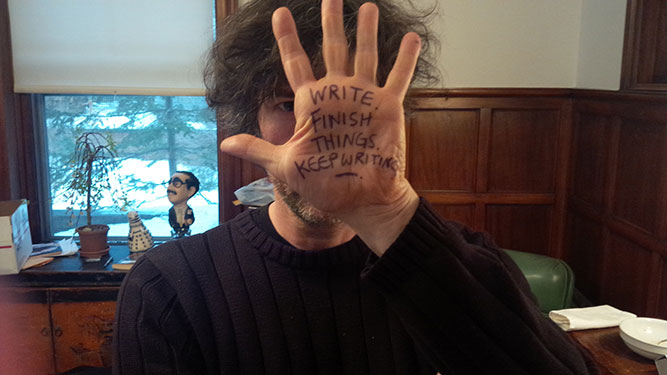

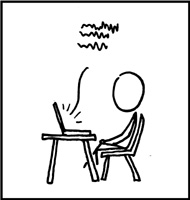
 Today’s poetry tip comes from Professor and poet,
Today’s poetry tip comes from Professor and poet, 